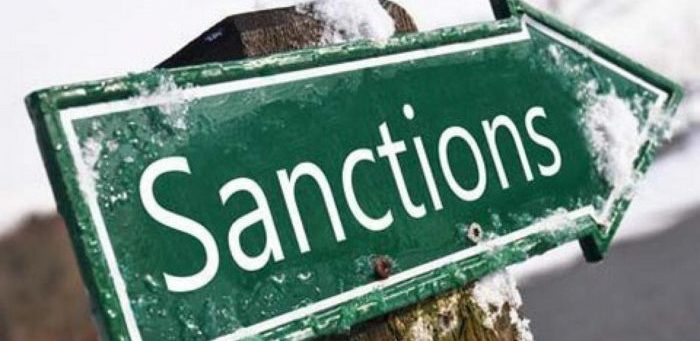The Swedish Club informs about the risk of dodging international sanctions against the Democratic People’s Republic of Korea (DPRK) which the United Nations Security Council introduced in 2017.
The sanctions
Since 2017, the UN Security Council advanced the surveillance of any maritime activity that is suspicious of sanctions evasion and there are now even more restrictive measures on DPRK and related activities.
[smlsubform prepend=”GET THE SAFETY4SEA IN YOUR INBOX!” showname=false emailtxt=”” emailholder=”Enter your email address” showsubmit=true submittxt=”Submit” jsthanks=false thankyou=”Thank you for subscribing to our mailing list”]
Thus, there is increased surveillance of shipping in the Yellow Sea, East China Sea and Sea of Japan, surveillance agencies will continue to detect and identify ships while conducting trading activities with DPRK and foreign flagged vessels and their owners that have been sanctioned for a global port entry ban and assets freeze. Moreover, surveillance photographs of foreign-flagged ships and the people connected with them have led in their listing by the United Nations .
Such ships conceal their identity to hide the unlawful transfer of coal and liquid cargoes in STS operations with North Korean vessels and foreign flagged or stateless vessels that have been designated by the UN for earlier violations.
The United States Department of Treasury has so far designated individuals and entities along with 28 ships involved in DPRK sanctions evasion. Anyone involved in these activities will find it very difficult to trade such ships or raise finance due to the US designation causing asset freeze and exclusion from trading in US Dollars.
Measures taken
Many States have adopted measures to implement the United Nations Security Council Resolutions in their domestic law.
These measures include, but are not limited to:
- Ban on the sale and supply of aviation and rocket fuels;
- Extensive list of banned luxury goods which cannot be supplied to North Korea;
- Ban on all leasing and chartering of vessels and the provision of crew services;
- Ban on owning and operating of or providing classification or similar services to North Korean-flagged vessels;
- Extensive arms embargo;
- Ban on vessels entering EU ports which are owned, operated or crewed by North Korea;
- Ban on investing on North Korean mining, refining and chemical industries.
Automatic Identification Systems
An indicator of potential evasion activity arises when a ship inexplicably diverts course or stops transmitting its AIS signal. The interest of surveillance agencies will be alerted where it is judged that loss of the AIS signal is caused by the Master or other crew member deliberately to conceal the ship’s voyage pattern and activities.
Such action violates the Safety of Life at Sea Convention, putting the ship in breach of Flag State requirements, and heightening the risk of collision, damage to other ships, pollution damage and loss of seafarers’ lives at sea, the Swedish Club says.
If a ship does not comply with Flag State requirements the owner risks prejudicing cover under his P&I club rules. There will also be grounds to deny P&I cover on imprudent or unlawful trading.































































